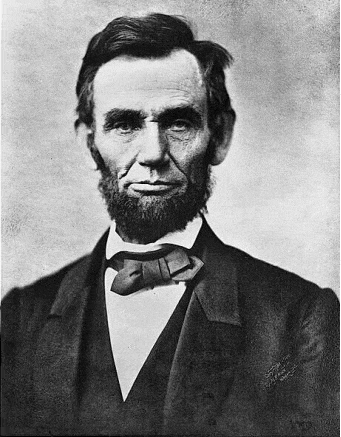On this day in 1865, the U.S. House of Representatives passes the 13th Amendment to the Constitution, abolishing slavery in America.
The amendment read, “Neither slavery nor involuntary servitude…shall exist within the United States, or any place subject to their jurisdiction.”

In September 1862, Lincoln issued the Emancipation Proclamation, freeing all slaves in areas that were still in rebellion against the Union. This measure opened the issue of what to do about slavery in border states that had not seceded or in areas that had been captured by the Union before the proclamation.
In 1864, an amendment abolishing slavery passed the U.S. Senate but died in the House as Democrats rallied in the name of states’ rights.
The election of 1864 brought Lincoln back to the White House along with significant Republican majorities in both houses, so it appeared the amendment was headed for passage when the new Congress convened in March 1865. Lincoln preferred that the amendment receive bipartisan suppor…some Democrats indicated support for the measure, but many still resisted.
The amendment passed 119 to 56, seven votes above the necessary two-thirds majority. Several Democrats abstained, but the 13th Amendment was sent to the states for ratification, which came in December 1865.
With the passage of the amendment, the institution that had indelibly shaped American history was eradicated.

